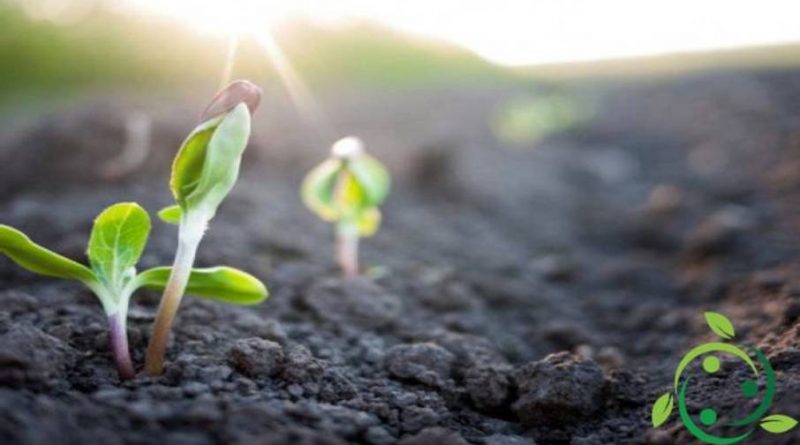How to make potassium to the soil in a natural way
How to make potassium to the soil in a natural way
To understand what natural farming means, it is not enough to know only the biological cycles or some agronomic techniques it is necessary to know that any input of materials, coming from outside the company, absorbs large quantities of energy with consequent emissions of greenhouse gases and CO2 on all. In addition, the use of weakened chemistry in soils that tend in the short span of a few years to phenomena of microbiological sterility.
Thus all the fertilizers of mineral and chemical origin, even if they seem to give us great productive advantages, in the general budget instead entail an energy decrease of the System (it is an ineluctable law of thermodynamics).
To overcome this problem we must start thinking differently and think of getting zero-km fertilizers. So products (or not wasted) in the company.
Among these potassium, a fundamental element above all for the qualitative aspects of agricultural products, which with some precautions we can make to our land.
Among the oldest techniques in the world we mention the ash that is used in the countryside both in the garden and in the garden to enrich the plants of the missing potassium. The recovery of potassium with this technique is excellent and being produced directly in the company does not involve unnecessary waste of fuel for transport. The ash must always come from wood and untreated vegetable waste, otherwise the combustion process generates undesirable by-products and very polluting both for human health and for the environment and soil.
But there are also some plants that have more potassium once burned; these are the oats, the wheat, the legumes, the buckwheat, the poppy, and then the pomace, the bean pods, the ferns, the rush, the elm and the sea algae. The quantities to be used are around 20 hectoliters of ash per hectare even if this figure is supported by a physical-chemical analysis of the soil.
In addition to the contribution of potassium through manure, pollen, compost, etc., among the by-products that affect agriculture can play a very important role the pomace. Of course these must be exhausted (the one that remains from the uses after distillation). The marc can be destined directly on the field or combined with the manure. Rich in phosphorus, potassium, magnesium, calcium, silicon and nitrogen it is a perfect nourishment both for horticultural productions and for fruit or herbaceous crops.
But also the pomace can be usefully used in potassium enrichment for our land. Here, however, we must make due consideration otherwise certain visions of natural agriculture are distorted: it is necessary that between the production center of the pomace or the pomace and farm the distance is minimal, otherwise the transport costs and above all the emission of greenhouse effect defeat all our good intentions.
Guido Bissanti

